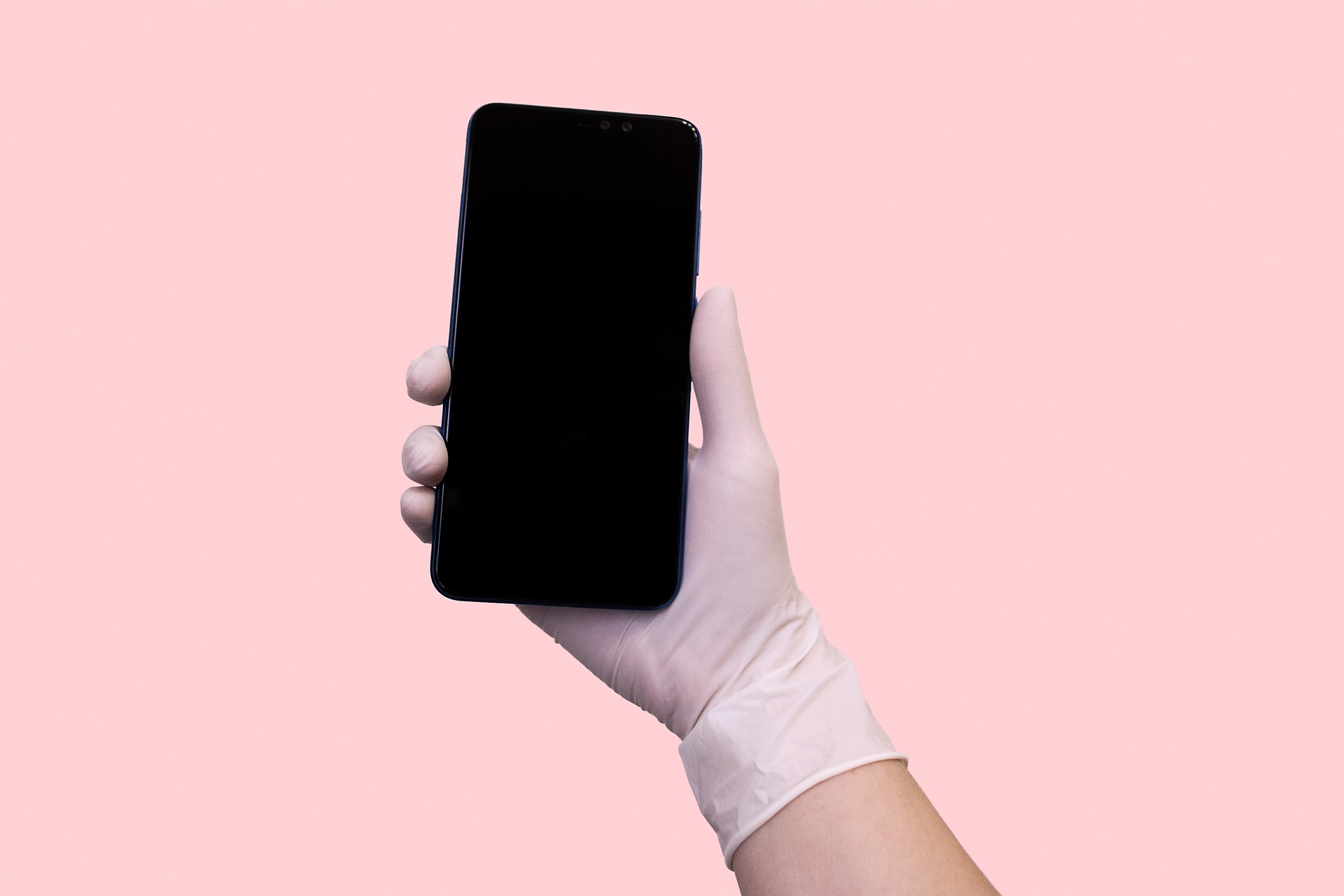The simultaneous need for social distancing and extra medical screening continues to give rise to telehealth. The practice, which allows people to see doctors and other medical professionals remotely via phone, video call, and computer, offers a way for doctors to see patients whose vulnerability to disease may make in-person appointments dangerous.
As a result, virtual health visits across the board were up 50 percent in March and the valuations of telehealth companies have skyrocketed. The sudden changes, however, could be here long after the coronavirus.
Countries with advanced healthcare systems like China and Israel have invested billions of dollars in digitally transforming the way their citizens access healthcare. For example, it is predicted that medical consultations through telemedicine in the UK will become the norm by 2030.
Meanwhile, telemedicine offers large countries with population centres in remote locations, like Brazil and Canada, access to primary healthcare where resources are scarce. This is good news for health outcomes generally and men specifically.
Men continue to be less likely than women to discuss their health with medical professionals. For example, one study found that men have more trouble than women in expressing their medical concerns and typically consult a general practitioner later in the course of any given medical condition.
The implicit privacy of telehealth offers an easy solution to this problem by empowering men to seek help for any ailment from the comfort of their own home. Experts in the industry believe this could be a game-changer when it comes to the treatment of sexual health.
Even though conditions like erectile dysfunction affect nearly one-in-two Canadian men over the age of 40, the topic remains taboo for many.
In fact, one-quarter of men in a study reported they would rather break up with their partner than talk about the condition with a traditional doctor.
Mat Rezaei, pharmacist, CEO, and Founder of UPGUYS, recently told The Sociable that the possibility for discreet dialogue on sexual health was something his patients have always wanted.
“This continues to be a sensitive issue for many men and we are finding that patients much prefer this type of consultation instead of face to face appointments,” said Rezaei.
Telehealth platforms which specialize in sexual health – like UPGUYS in Canada and Roman in the US – are bringing treatment into the modern age. These online pharmacies work to avoid some of the drawbacks of in-person appointments by enabling safe virtual advice, on-demand treatment, and direct-to-door medicine deliveries.
Rezaei and others in the industry are optimistic that the ease of telehealth treatment will help men move past taboo and towards bettering their health.
“Men’s sexual health is a complicated and often psychological issue,” Rezaei said. “To improve health outcomes and change societal attitudes, we really need to ensure men are given the best care and feel as comfortable as possible during the process. I think telehealth offers the best way for us to do that.”
Disclaimer: This story contains a client of an ESPACIO portfolio company.










